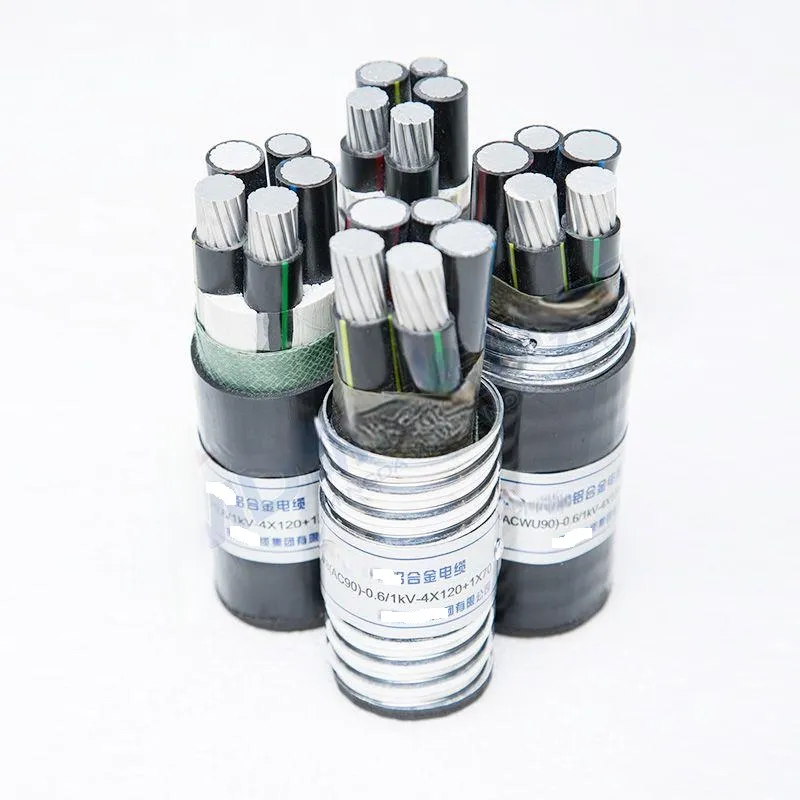Nov . 12, 2024 22:26 Back to list
slurry knife gate valve
Understanding Slurry Knife Gate Valves Applications and Advantages
In various industrial processes, particularly those involving slurries—mixtures of solids and liquids—effective control of fluid flow becomes crucial. One essential component in this regard is the slurry knife gate valve. This specialized valve is designed to efficiently manage the flow of abrasive and viscous slurries in pipelines, making it a preferred choice across numerous industries, including mining, wastewater treatment, and pulp and paper production.
What is a Slurry Knife Gate Valve?
A slurry knife gate valve is a type of linear motion valve that governs the flow of slurries. The primary feature of this valve is its blade-like gate, which slices through the medium to either block or allow flow. This design is particularly effective for slurries, as the sharp blade can cut through thick mixtures without becoming clogged. Knife gate valves are known for their simple construction and operation; they typically consist of a body, a gate, a stem, and an actuator.
Key Applications
1. Mining Industry
In the mining sector, slurry knife gate valves are widely utilized for controlling the flow of mineral slurries. During the ore processing stage, slurries containing water and ground ore need to be directed through various treatment and separation processes. The robust construction of knife gate valves allows them to withstand the abrasive nature of mineral slurries, ensuring longevity and reliability.
2. Wastewater Treatment
Wastewater treatment plants also implement slurry knife gate valves for handling sludge and other viscous mixtures. As wastewater undergoes processing to remove contaminants, thick sludge must be effectively managed and directed through various treatment stages. The ability of knife gate valves to handle high-density slurries while minimizing leakage makes them indispensable in this application.
3. Pulp and Paper Industry
In the pulp and paper industry, slurry knife gate valves are essential for managing pulp slurries during the paper production process. These slurries contain wood fibers, water, and various chemicals. The valves help facilitate the flow of these mixtures through different stages of processing, ensuring that production remains continuous and efficient.
Advantages of Slurry Knife Gate Valves
slurry knife gate valve

The design and functionality of slurry knife gate valves confer several advantages
1. Efficient Flow Control
The primary advantage of a knife gate valve is its ability to provide precise control over the flow of slurries. The gate can be raised or lowered as required, enabling operators to easily manage the flow rate and direction.
2. Minimal Maintenance
Due to their robust design, slurry knife gate valves require minimal maintenance compared to other types of valves. The materials used in their construction are often resistant to corrosion and abrasion, which enhances their durability and reduces the frequency of replacements or repairs.
3. Versatility
Slurry knife gate valves are versatile and can handle a wide range of slurry compositions, from mildly abrasive to highly viscous mixtures. This adaptability allows them to be used in various industrial applications, thereby enhancing operational efficiency.
4. Cost-Effectiveness
Although the initial investment in slurry knife gate valves may be higher than other types of valves, their long service life and low maintenance requirements can lead to lower overall costs in the long run. This makes them a cost-effective solution for industries that deal with challenging slurry materials.
Conclusion
Slurry knife gate valves play a pivotal role in industries that require the management of slurries. Their unique design allows them to handle abrasive and viscous materials with ease, providing reliable flow control and requiring minimal maintenance. As industries continue to advance technologically, the importance of effective and efficient fluid management will only grow, solidifying the role of slurry knife gate valves as essential components in numerous applications. Understanding their functionality, advantages, and applications is vital for engineers and plant operators aiming to optimize processes and enhance productivity in fluid handling operations.
Share
-
Reliable Wafer Type Butterfly Valves for Every IndustryNewsJul.25,2025
-
Reliable Flow Control Begins with the Right Ball Check ValveNewsJul.25,2025
-
Precision Flow Control Starts with Quality ValvesNewsJul.25,2025
-
Industrial Flow Control ReliabilityNewsJul.25,2025
-
Engineered for Efficiency Gate Valves That Power Industrial PerformanceNewsJul.25,2025
-
Empowering Infrastructure Through Quality ManufacturingNewsJul.25,2025